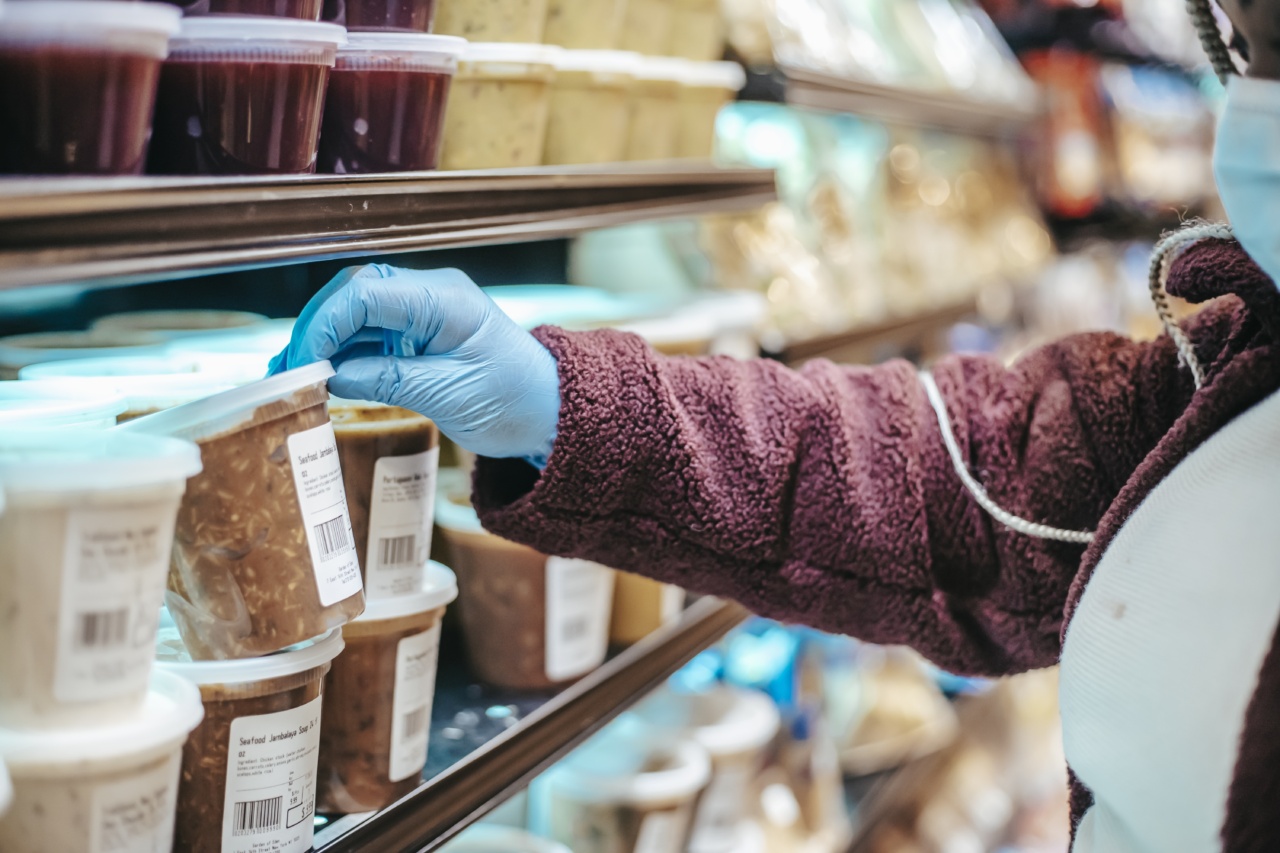An aortic aneurysm is a potentially life-threatening condition that occurs when the wall of the aorta, the largest blood vessel in the body, weakens and bulges outwards.
If left untreated, an aortic aneurysm can lead to rupture, which can cause severe internal bleeding and can be fatal. While various factors contribute to the development of an aortic aneurysm, including genetics and lifestyle choices, dietary habits also play a significant role.
In this article, we will discuss the foods that should be avoided to prevent the occurrence or progression of aortic aneurysms.
Salt
High sodium intake can cause fluid retention and increase blood pressure, placing extra strain on the walls of the aorta.
It is essential to limit the consumption of salt and salty processed foods to reduce the risk of developing or aggravating an aortic aneurysm. Instead, opt for fresh ingredients and use herbs and spices to season your meals.
Saturated and Trans Fats
Foods that are high in saturated and trans fats can contribute to the development of aortic aneurysms by increasing cholesterol levels and promoting the buildup of plaque in the arteries.
Avoid foods such as fried snacks, fast food, fatty cuts of meat, high-fat dairy products, and packaged baked goods. Instead, choose healthier fats like those found in avocados, nuts, seeds, and fatty fish.
Sugar and Sweetened Beverages
Excessive sugar consumption can lead to obesity, diabetes, and inflammation, all of which can increase the risk of developing an aortic aneurysm.
It is crucial to reduce your intake of sugary foods and beverages, including soft drinks, energy drinks, fruit juices, and sweet treats. Opt for natural sources of sweetness from fruits and limit your consumption of added sugars.
Processed Meats
Processed meats, such as sausages, bacon, deli meats, and hot dogs, contain high levels of sodium and unhealthy fats. Additionally, these meats often contain preservatives and additives that can contribute to inflammation and damage the blood vessels.
To reduce the risk of aortic aneurysm, choose lean cuts of meat and poultry, and limit your intake of processed meats.
Alcohol
Excessive alcohol consumption can raise blood pressure and contribute to the weakening of the aorta’s walls. It is recommended to consume alcohol in moderation, which means no more than one drink per day for women and two drinks per day for men.
Alternatively, consider abstaining from alcohol altogether to protect your vascular health.
Caffeine
Caffeine, when consumed in excess, can elevate blood pressure, potentially placing additional stress on the aortic walls.
While moderate consumption of caffeine is generally safe for most individuals, it is advisable to limit your intake if you have been diagnosed with or are at risk of developing an aortic aneurysm.
High-Fat Dairy Products
High-fat dairy products, such as whole milk, cheese, and butter, can contribute to the buildup of cholesterol and increase the risk of aortic aneurysm development or progression.
Opt for low-fat or skim dairy products or explore non-dairy alternatives like almond milk or soy milk.
High Glycemic Index Foods
Foods with a high glycemic index, including refined grains, white bread, sugary cereals, and processed snacks, can cause rapid spikes in blood sugar levels.
These surges in glucose can lead to inflammation and contribute to the weakening of the arterial walls. Choose whole grains, fruits, vegetables, and legumes for a healthier and more stable source of carbohydrates.
Excessive Canned or Packaged Foods
Canned or packaged foods often contain high levels of sodium, unhealthy fats, and preservatives, all of which can negatively affect cardiovascular health.
It is important to read labels and choose fresh, whole foods whenever possible to reduce the risk of aortic aneurysm development.
Processed Snacks and Fast Food
Processed snacks, like potato chips and cookies, as well as fast food, are typically high in unhealthy fats, sodium, and added sugars.
Regular consumption of these foods can contribute to obesity, high blood pressure, and the progression of aortic aneurysms. Opt for homemade snacks using nutritious ingredients or choose healthier alternatives like air-popped popcorn or fruit.





























